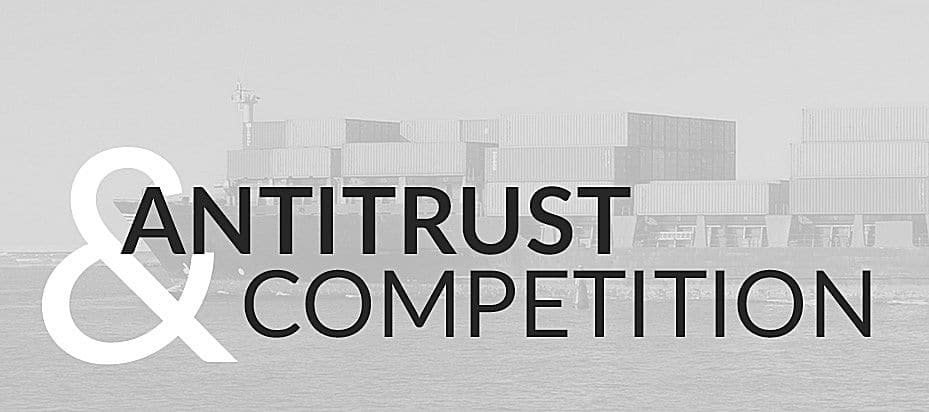Rome, 2 February - Knowing the guidelines and rules of antitrust conduct is a fundamental element for the pharmaceutical company sector: that is, it is important "trace elements of predictability as much as possible, since a context of stability of the rules and predictability of the legal consequences of behavior is a priority for companies".
This was stated yesterday, reports an Ansa note, by the president of the Competition and Market Authority, John Pitruzzella (pictured right) speaking in Rome at the conference
In the pharmaceutical sector, observed Pitruzzella, “there is an unavoidable tension between the protection of competition and intellectual property rights, but the central problem is precisely how to keep together intellectual property, legal monopoly and, on the other hand, the protection of competition. This is an issue that needs to be addressed by considering the predictability of antitrust behavior."
In fact, the public system, said the Agcm president, "it must not give space to primacies but must be a unitary system, ensuring the certainty of the rules".
The president of Farmindustria, Massimo Scaccabarozzi, reiterated that for the Pharma the quality of regulation is one of the most important competitive factors. To outline policies favorable to investments, therefore, "the first need is that of the stability and certainty of the regulatory framework", to achieve which it is crucial "an open and constant dialogue between institutions, public administration and drug companies, in full respect of the roles”.
For Scaccabarozzi, therefore, a clear and stable framework of rules is needed, a new system of governance "that satisfies all the components of the supply chain, including the Regions, always on a war footing due to the need to make ends meet". Above all, we need to focus on new contractual instruments - basically argued the president of Farmindustria - for risk sharing between the State that buys and the industries that sell, since the old contracting systems are not able to identify adequate answers to the problems raised by the irruption on the market of new high-cost innovative drugs, which risk blowing up the accounts.
The DG of Aifa reserved some consideration for the issue of the reimbursement of innovative products Mario Melazzini, supporting the need to develop more and more the tool of managed entry agreements, forms of contract ranging from payment by result to the cost sharing And risk sharing. For Melazzini, however, the monitoring registers must above all be used more and better: "In my opinion they are very effective, because they allow appropriateness and also feedback on actual consumption" said DG Aifa.
"Certainly the deadline will be respected because the AIFA Technical-Scientific Commission is doing an excellent job" guaranteed Melazzini, thus giving what is to all intents and purposes news and declaring himself sure that the new requisites will respond to objective criteria and will make it possible to make the use of innovative medicines increasingly efficient and effective.
Melazzini also wanted to recall that Aifa is "the Regulatory Authority that manages to negotiate the lowest prices ever and this is one of our objectives, but we call all industry leaders to great social responsibility.Our national health service added the DG of the national regulatory agency “has 113 billion. We have almost 30 billion in pharmaceutical spending with a reimbursement of 78%. This means offering everyone everything there is and what they need”.
However, he pointed out, “There is a question of timing and we have to face it: from when we admit a drug to when that drug reaches the patient we are still too slow. Therefore, we must speed up the process, give efficiency, because behind an expected drug there is a patient waiting. This is our goal."
Today, Melazzini added, “thanks to Minister Lorenzin who set up the Fund for Innovative Medicines we have a great opportunity; however, we must establish what is truly innovative and we must do it according to certain parameters”.
A final appeal, then, to the Regions: “They must be our partners so that in every area every citizen can benefit uniformly from the new drugs arriving. The lack of homogeneity with which the major health initiatives are in fact applied in the various local realities – concluded the director general of AIFA – penalizes the value of Italian healthcare, which is among the best in the world”.
Related news: Medicines: Aifa, we call industry to social responsibility
What is said between Farmindustria, Aifa and Antitrust
